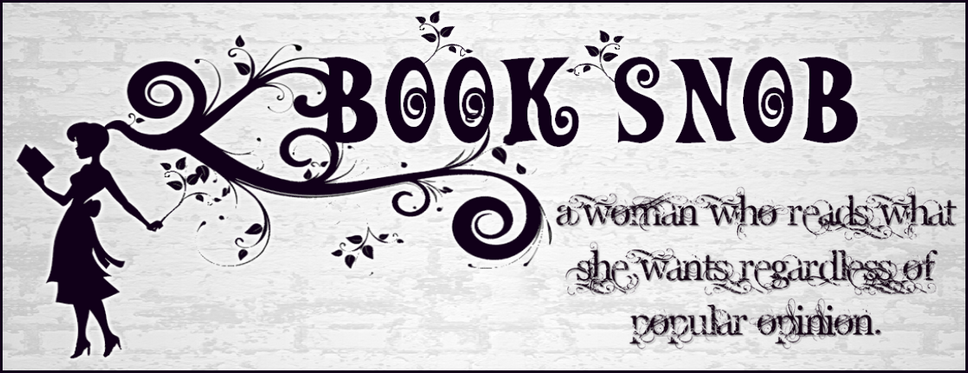A Farewell To Arms by Ernest Hemingway Read-A-Long-Week #4
I am participating in A Farewell to Arms read-a-long in conjunction with
the World War I Reading challenge I am doing with the blog, War Through
the Generations. You can visit their website here: http://warthroughthegenerations.wordpress.com
I am officially behind on this read-a-long but I am happy to report that I finished the book. Better late than never is my motto today. I will review the book separately from the discussion questions.
Read: Chapters 31 - 41
Pages: 226-332
1. In Chapter 31, as Henry is swept down the river, he refers
to a “we”. Who do you think this “we” is?
I didn't give it much thought at the time I read it but I assumed he was lost on the river with his thoughts. The "we" then would be his body and his thoughts. Who knows?
2. After Henry’s escape into the river, he talks about not
having any obligation to the war effort on either side, though he wishes
both sides luck. Do you think he is no longer brave/courageous or is
it something else? Explain.
I think Henry is done with the war and not willing to give his life over the stupidity of the war effort. He is an American and feels this isn't his war and now that he has Catherine and a baby on the way is willing to escape with his life intact and seek safety with his "true love" I still think he is courageous. It takes a brave person to stand up for what you believe in and he does that by walking away from the war.
3. In this last section, it seems that some humor comes into
play between Henry and Catherine. Did this impact your feelings about
the characters and/or their relationship?
I don't really remember a lot of humor but I do think Henry and Catherine became playful and flirtatious with each other. This makes their relationship more genuine to the reader. Henry and Catherine's relationship began to take on more importance in the story. I definitely started to think that Henry and Catherine really do love each other, even though they are the perpetual odd couple. I think that war affects each of us differently and Henry and Catherine have found some bit of happiness with each other and that makes me glad.
4. What did you think of the ending? Did you think it was too
abrupt?
I was definitely shocked at the ending and did not expect Catherine to really die. It was kind of abrupt but that is how real life is sometimes. So I thought the ending appropriate and I also thought Hemingway left the door open to write a second book that follows Henry's life. I wonder, does Henry ever find happiness or is he eventually arrested?
5. What did you think of Catherine’s death and Henry’s
reaction to losing her?
I thought Catherine was being melodramatic about her fear of dying so I didn't actually think she would die. Her death was realistic as well as Henry's perception of birth. Men really don't understand what women go through nor do they feel as attached to the child at birth, like a mother does. I was sad Henry lost both the child and the mother. Everyone reacts differently in grief filled situations so I just accepted Henry's reaction to Catherine's death as normal for him.
6. What are your overall impressions of A Farewell to Arms?
I own a book called The Novel 100. A Ranking of the Greatest Novels of All Time. A Farewell to Arms by Hemingway comes in at number 73, which is why I chose to read the book and participate in the read-a-long. Overall I liked the book even though I didn't particularly like the characters. I think it is interesting to analyze Hemingway because he was obviously a great novelist of his time. It is sometimes hard to read great books as their writing style and meaning are lost on a generation who didn't experience the truths and horror that are represented in the pages of the book. I have read The Old Man and the Sea twice and I love that book and to me, A Farewell to Arms is not as good. I do believe A Farewell to Arms is a valuable and memorable piece of literature and I am glad I read it.


